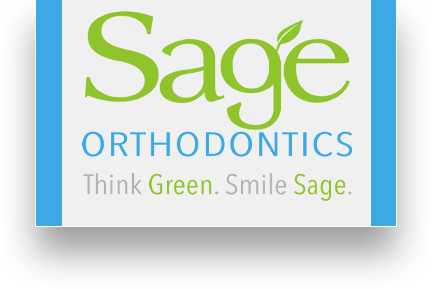Your temporomandibular joint serves as a hinge that connects your jaw to your skull’s temporal bones (located just in front of your ears). This joint allows you to move your jaw up and down and from side to side, motions that are necessary when you talk, chew and or even yawn. Problems with this joint can lead to a condition known as TMJ disorder that is characterized by an array of troubling symptoms, including:
• Tenderness in the jaw area or near the ears
• Discomfort in the neck or shoulders
• Difficulty opening your mouth wide
• Clicking or popping sounds when you open and close your mouth
• Facial tiredness or fatigue
• Trouble chewing or an uncomfortable bite
• Facial swelling
If you have experienced any of these symptoms, contact our office to schedule an evaluation. If TMJ is the culprit, your treatment options will vary, but many patients may find relief after embarking on an orthodontic treatment plan. Depending on the root cause of your TMJ, our office may suggest several options to address your symptoms, including the use of a night guard, the placement of a TMJ appliance, or teeth straightening using some type of braces or aligners.
A night guard is exactly what it sounds like: a mouthpiece that is worn while you sleep to guard against sleep-induced teeth grinding and jaw clenching. The night guard works to alleviate TMJ symptoms by easing the pressure exerted on the temporomandibular joint. Night guards are custom molded for you by our orthodontic team so they can realign your jaw and relieve your discomfort.
Unlike a night guard, a TMJ appliance, also known as an orthodontic splint, is worn 24 hours a day. Fashioned from acrylic resin, a splint is designed to fit on top of the upper or lower teeth and helps to stabilize the teeth and/or jaws to alleviate discomfort.
If your TMJ is caused by tooth misalignment or bite problems, braces may be the most effective method to shift your teeth into the proper position. Correctly positioned teeth will ultimately help realign the temporomandibular joint, reducing or even eliminating TMJ symptoms.
If you have been experiencing jaw pain, teeth grinding, jaw clenching, or any other symptoms associated with TMJ, a consultation with our team may be the best first step in identifying a solution. Our orthodontic office has extensive knowledge regarding how tooth alignment impacts your face and jaw muscles, and is uniquely qualified to make treatment recommendations that will keep TMJ symptoms at bay. Call our Portage orthodontic office and schedule a consultation to learn more today.
Sage Orthodontics of Portage
Phone: (269) 327-0760
Url: https://sageorthodontics.com/
1700 E. Centre Ave.
Portage, MI 49002

